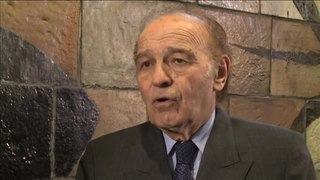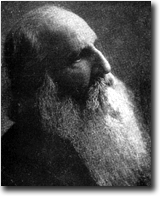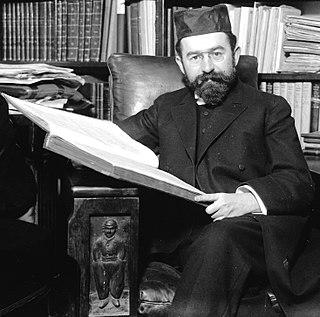A Quote by Samuel Pisar
The Holocaust teaches us that nature, even in its cruelest moments, is benign in comparison with man when he loses his moral compass and his reason.
Related Quotes
He is not the soul of Nature, nor any part of Nature. He inhabits eternity: He dwells in a high and holy place: heaven is His throne, not his vehicle, earth is his footstool, not his vesture. One day he will dismantle both and make a new heaven and earth. He is not to be identified even with the 'divine spark' in man. He is 'God and not man.
I am a Muslim and . . . my religion makes me be against all forms of racism. It keeps me from judging any man by the color of his skin. It teaches me to judge him by his deeds and his conscious behavior. And it teaches me to be for the rights of all human beings, but especially the Afro-American human being, because my religion is a natural religion, and the first law of nature is self-preservation.
But nature - that is, biological evolution - has not fitted man to any specific environment. On the contrary, ... he has a rather crude survival kit; and yet -this is the paradox of the human condition - one that fits him to all environments. Among the multitude of animals which scamper, fly, burrow and swim around us, man is the only one who is not locked into his environment. His imagination, his reason, his emotional subtlety and toughness, make it possible for him not to accept the environment but to change it.




































